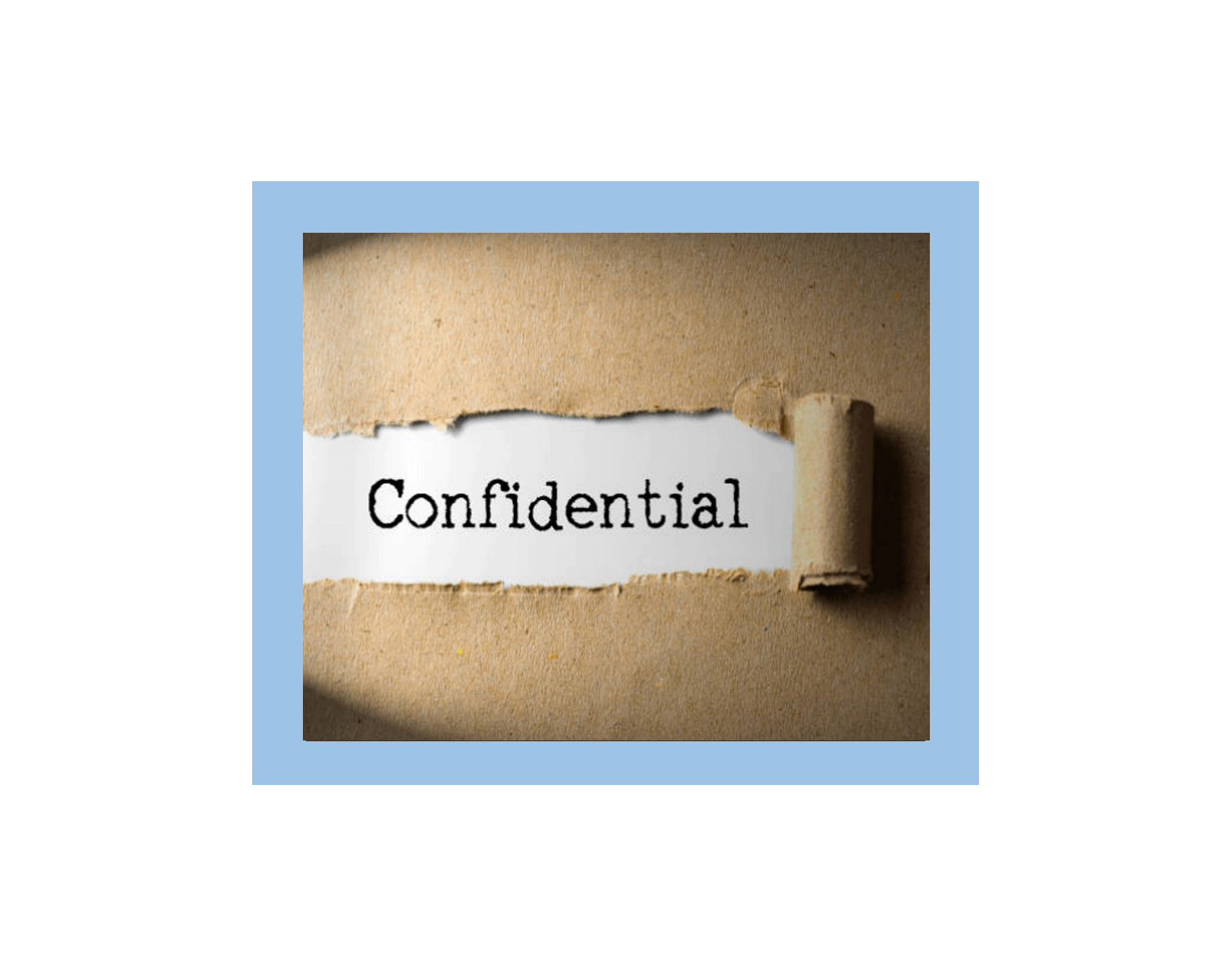Confidentiality
In the dynamic landscape of administrative work, confidentiality stands as a cornerstone principle.
Whether in a corporate setting, a healthcare facility, or a legal office, administrative professionals are entrusted with sensitive information that requires utmost discretion. The significance of confidentiality cannot be overstated, as it not only safeguards the interests of individuals and organizations but also upholds trust and integrity within the administrative framework.
Guardian of Trust:
Administrative professionals often serve as the first point of contact for clients, customers, or patients. This role entails handling a myriad of confidential information, ranging from personal identifiers like social security numbers and medical records to proprietary business strategies and legal documents. The assurance that such information will be kept secure and undisclosed is fundamental in fostering trust between the organization and its stakeholders.
Legal and Ethical Obligations:
Beyond trust-building, maintaining confidentiality is a legal and ethical obligation. Various laws and regulations, such as the Health Insurance Portability and Accountability Act (HIPAA) in healthcare or the General Data Protection Regulation (GDPR) in Europe, mandate strict protocols for handling sensitive data. Administrative professionals must adhere to these regulations to avoid legal repercussions and protect individuals' rights to privacy.
Furthermore, ethical standards dictate that administrative professionals should respect the confidentiality of all information obtained in the course of their duties. This commitment extends to refraining from gossiping or sharing confidential details outside of work-related contexts. Upholding these principles not only demonstrates professionalism but also reinforces the integrity of the profession.
Preserving Organizational Reputation:
In today's interconnected world, news of breaches in confidentiality spreads rapidly and can have severe consequences for organizations. Whether it's a data leak compromising customer information or the unauthorized disclosure of proprietary data, such incidents can irreparably damage an organization's reputation. Administrative professionals play a pivotal role in mitigating these risks by implementing robust confidentiality protocols and exercising discretion in their actions.
Facilitating Effective Communication:
Confidentiality isn't solely about safeguarding sensitive information—it's also about facilitating effective communication. When individuals trust that their personal or sensitive information will be kept confidential, they're more likely to disclose pertinent details that are crucial for decision-making or problem-solving. Whether it's an employee discussing a workplace concern or a client sharing financial information, confidentiality encourages open dialogue and fosters a supportive environment.
Building Long-Term Relationships:
At its core, confidentiality is about building and nurturing relationships—both within the organization and with external stakeholders. When individuals feel confident that their information is handled with care and confidentiality, it strengthens their trust in the administrative team. This trust forms the foundation of long-term relationships that are essential for organizational success.
Conclusion In the realm of administrative work, confidentiality isn't just a policy—it's a commitment to integrity, trust, and professionalism. By safeguarding sensitive information, administrative professionals not only fulfil legal and ethical obligations but also contribute to the overall reputation and success of the organization. Upholding confidentiality isn't always easy, but it's an essential aspect of the administrative role—one that ensures individuals feel secure and valued in their interactions with the organization.
Thank you for reading from WBVR
